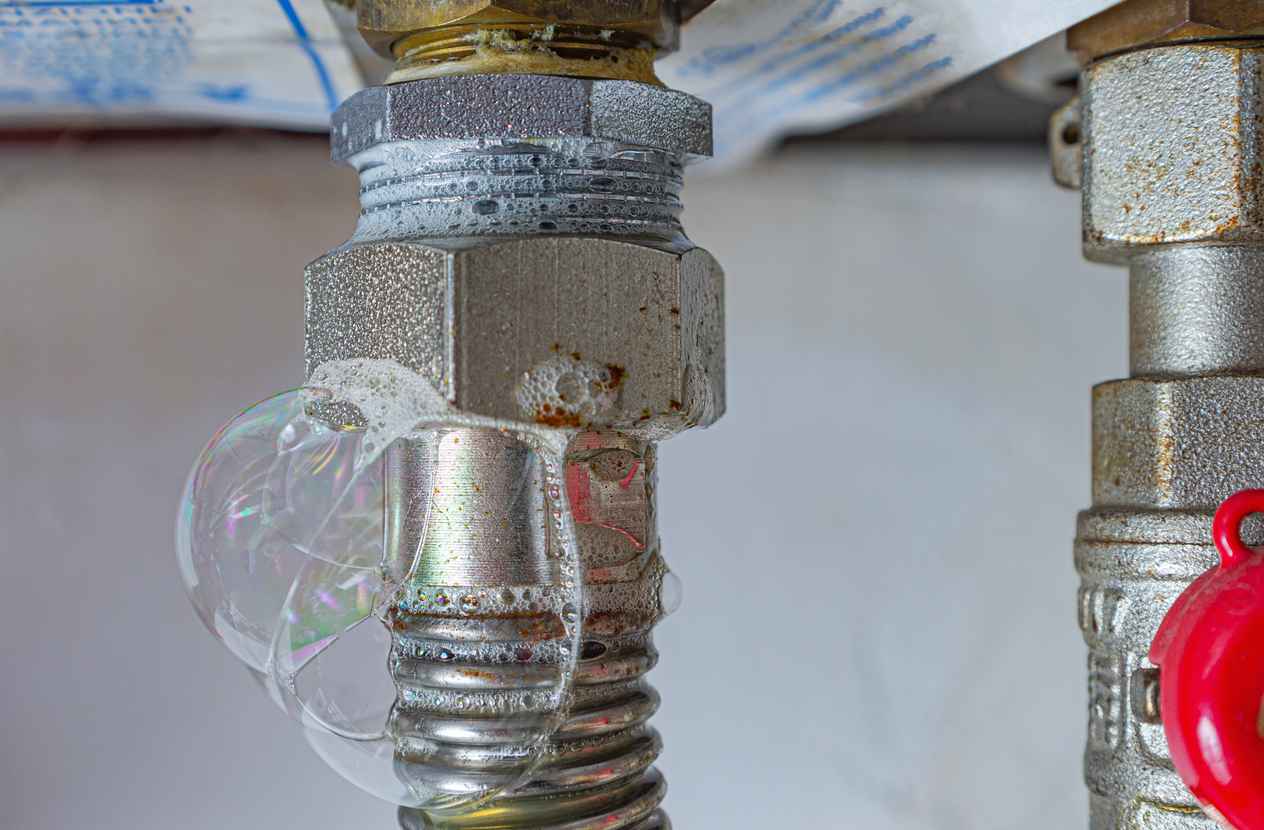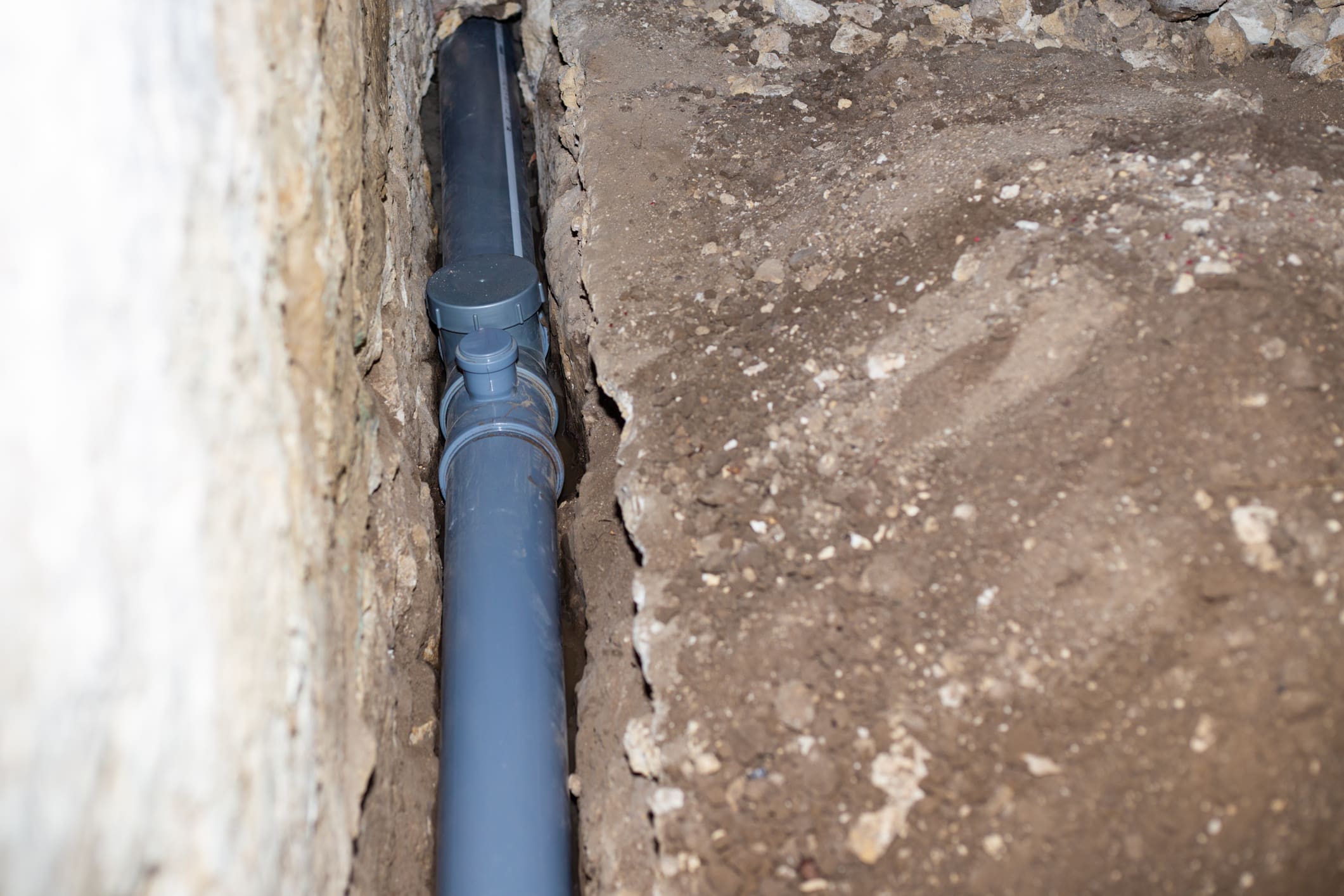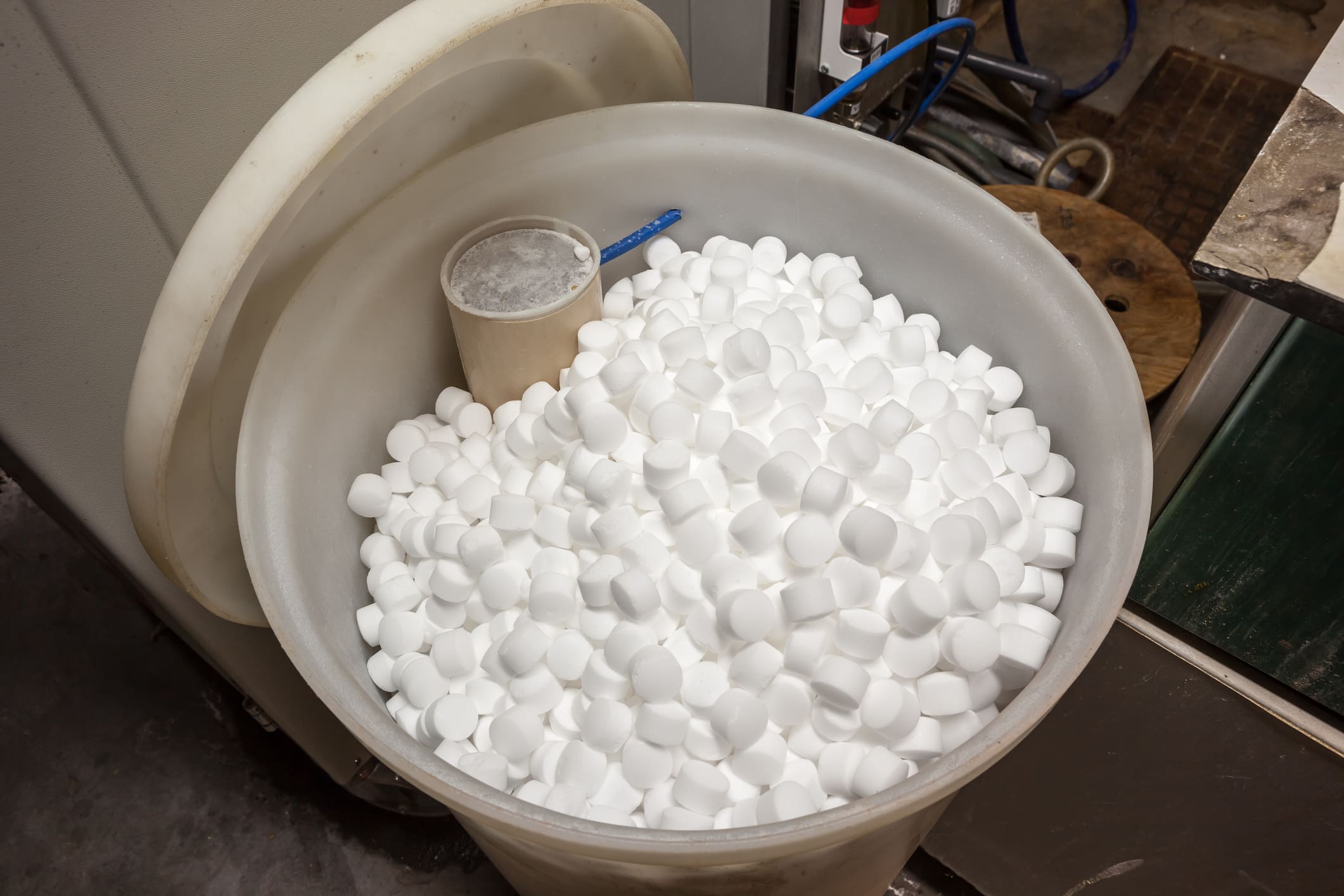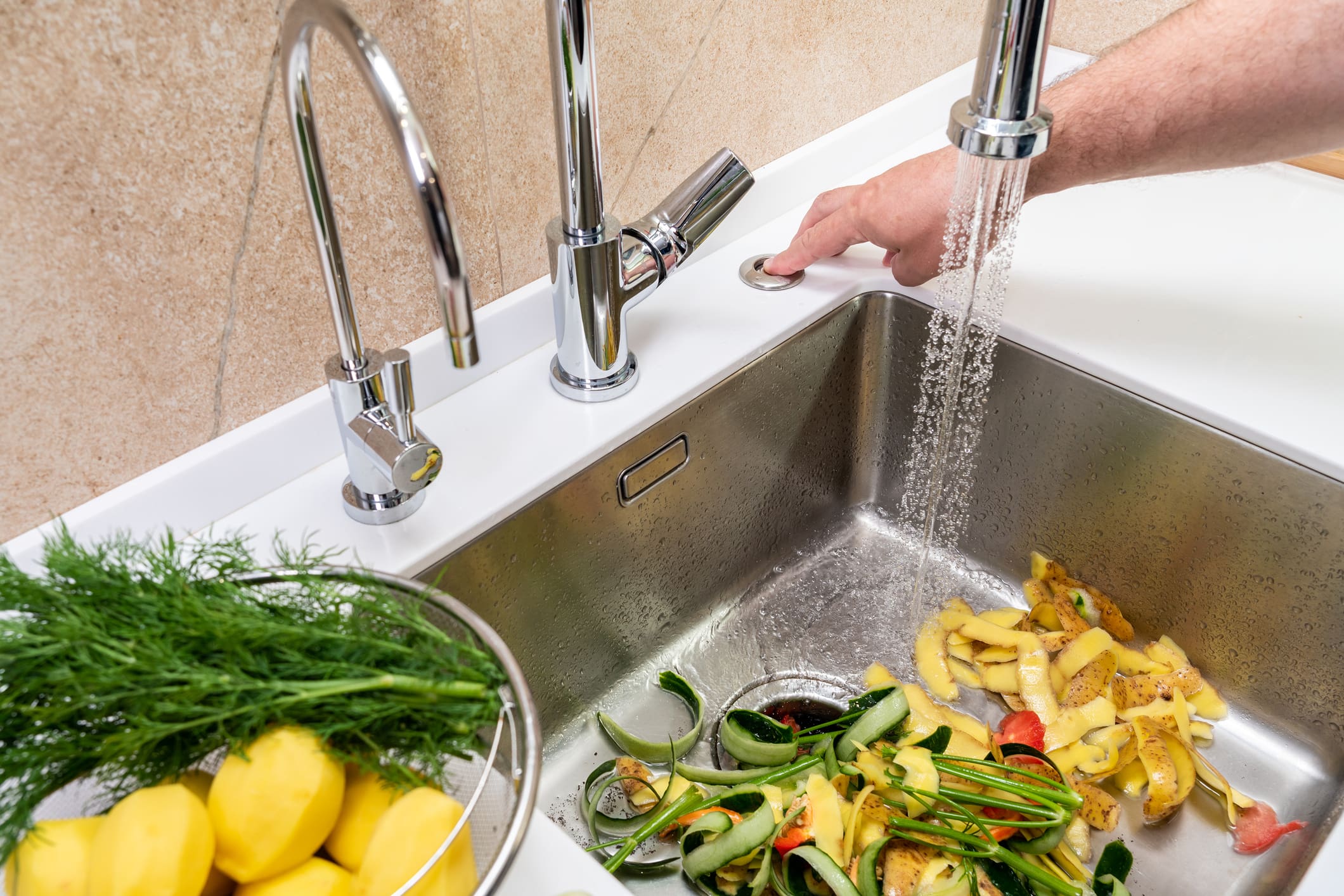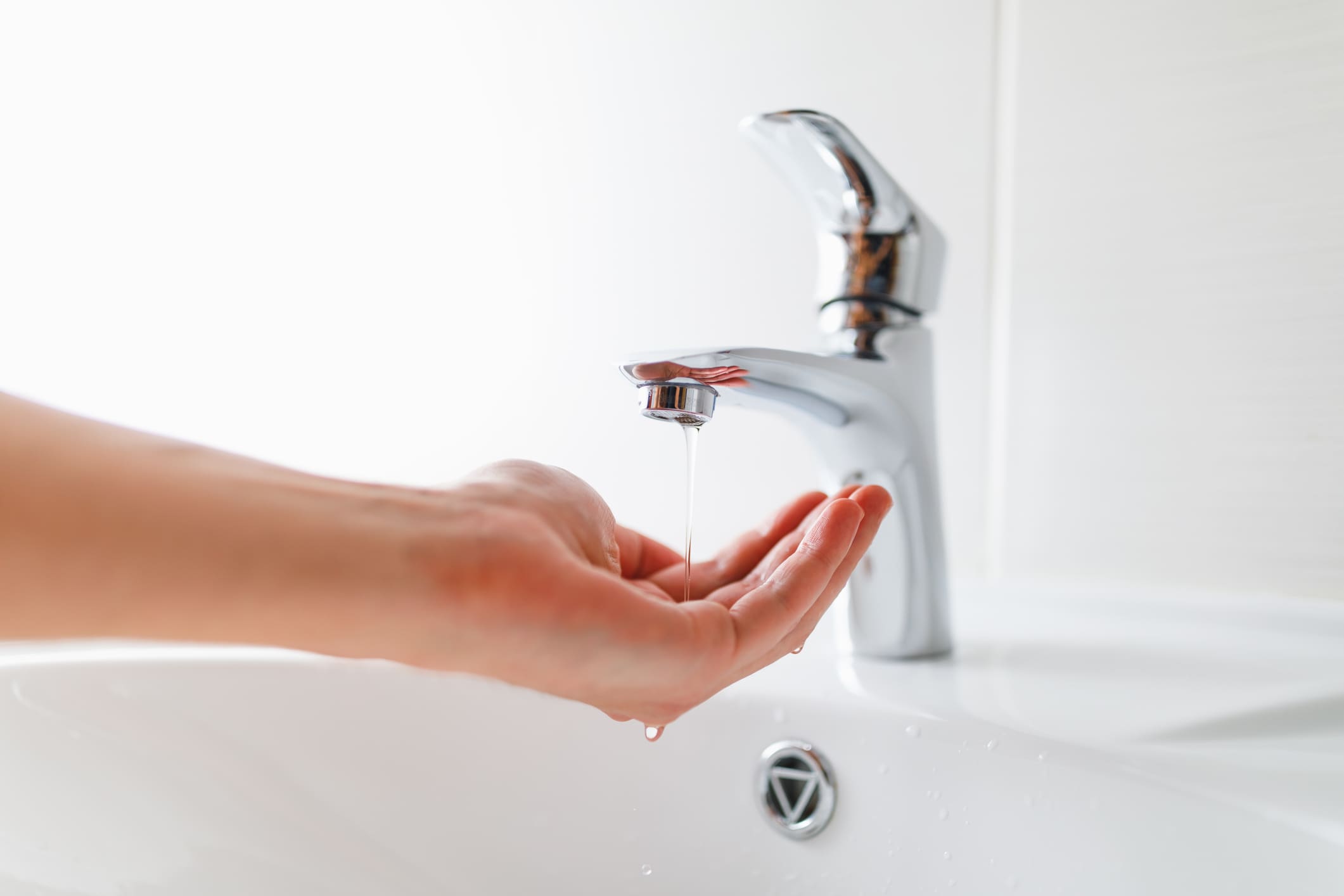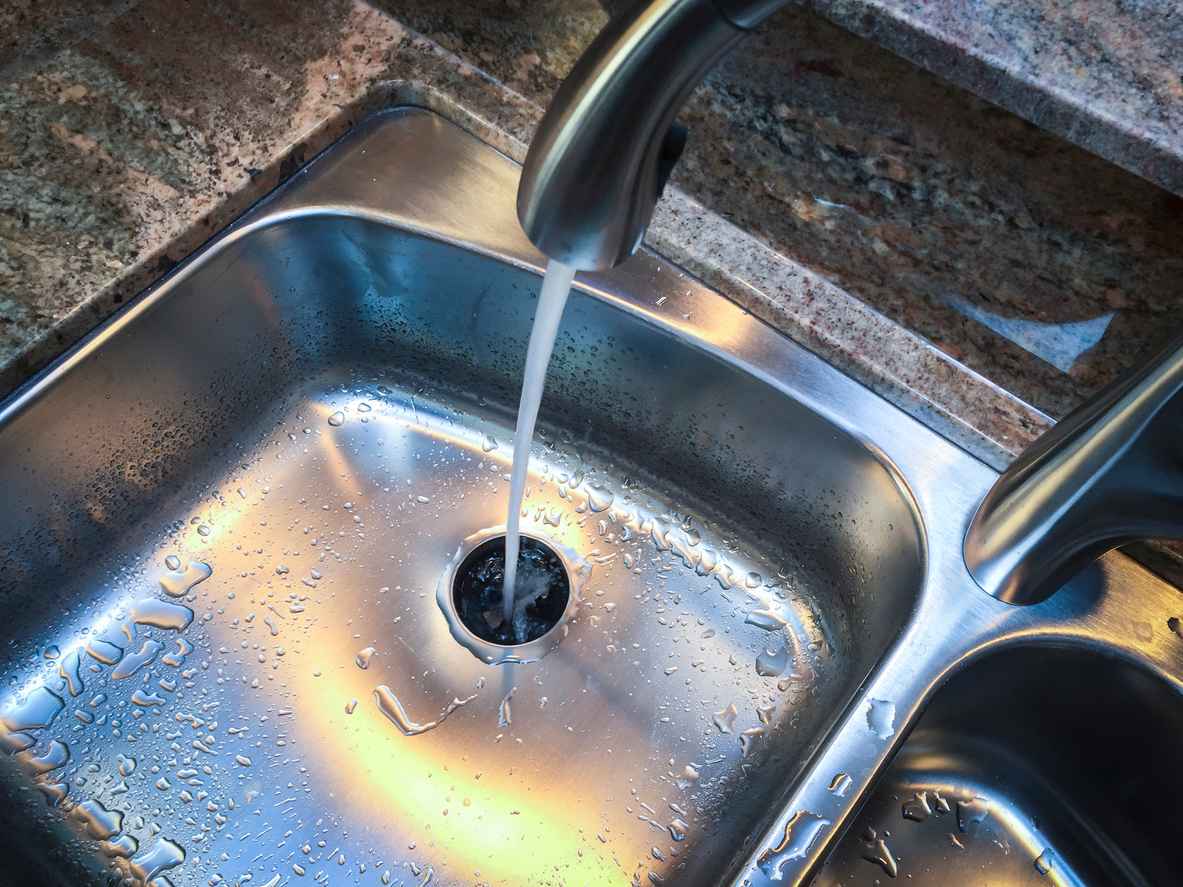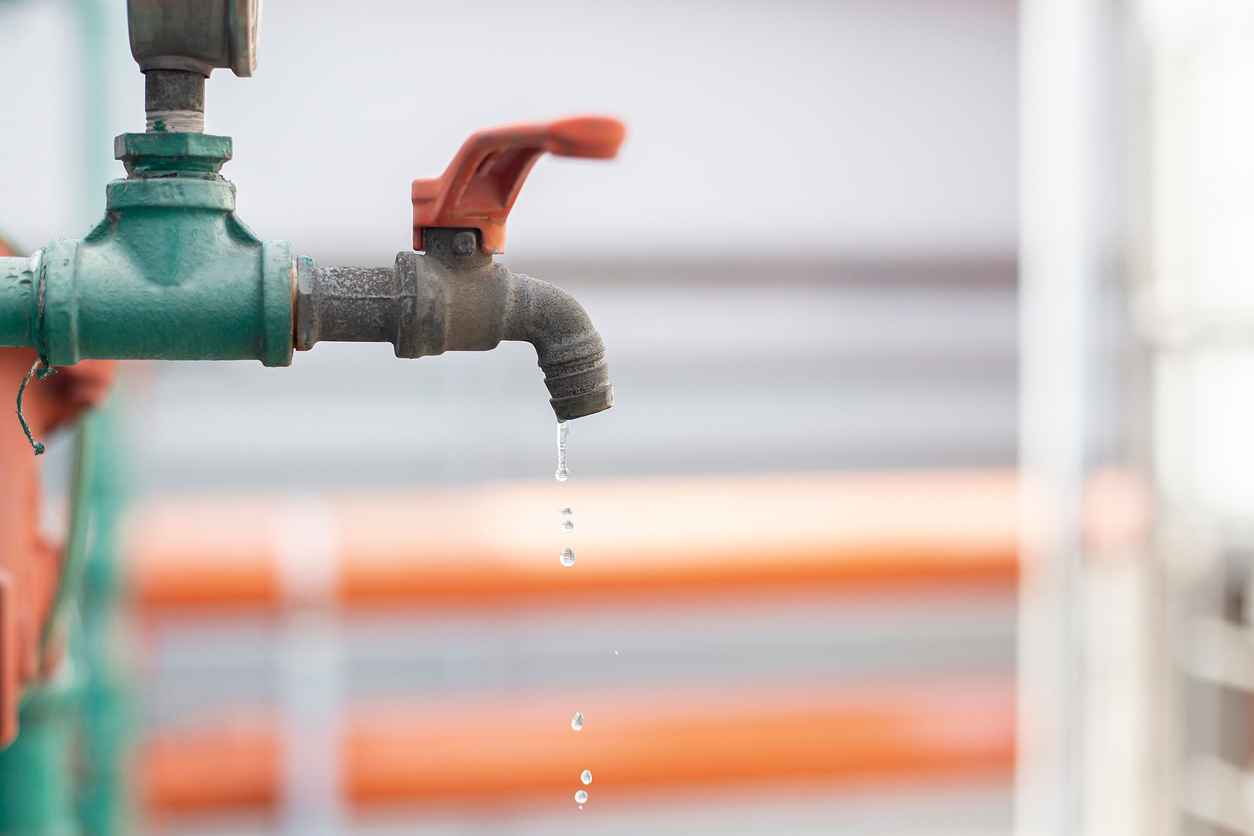absolute plumbing Inc.

Plumbing and the Environment: How You Can Make a Difference
Plumbing systems are integral to our daily lives, providing essential water services that support hygiene, cooking, and cleaning. However, these systems also play a significant role in environmental conservation. Water usage and the energy required to heat and pump water contribute to a household’s environmental footprint. By adopting more sustainable plumbing practices, homeowners can make a significant impact on water conservation and energy efficiency. Absolute Plumbing shares how making mindful plumbing choices can benefit both your home and the planet.
Adopt Water-Efficient Fixtures
One of the most direct ways to reduce water consumption is by installing water-efficient fixtures. Low-flow toilets, showerheads, and faucets can dramatically decrease the amount of water used in daily activities. These fixtures are designed to provide the same level of performance while using significantly less water, which can lead to substantial savings on water bills and a considerable reduction in your home’s overall water usage.
Fix Leaks Promptly
A dripping faucet or a leaking toilet can waste thousands of gallons of water a year. Regularly checking for leaks and addressing them promptly is not only good for your wallet but also crucial for water conservation. Often, fixing leaks can be as simple as replacing a washer or adjusting a toilet float, tasks that can usually be done without professional help.
Consider a Tankless Water Heater
Traditional water heaters continuously heat water, leading to energy wastage, especially during periods of low usage. Tankless water heaters, also known as on-demand water heaters, heat water only when it’s needed, reducing energy consumption and offering a more eco-friendly alternative. Additionally, tankless heaters typically have a longer lifespan than their traditional counterparts, contributing to reduced waste and resource use over time.
Harvest Rainwater
Collecting rainwater for use in gardening, lawn irrigation, or even toilet flushing can significantly reduce your reliance on treated municipal water, which requires energy to process and transport. Rainwater harvesting systems can range from simple barrels collecting runoff from gutters to more sophisticated systems with filtration for broader household use.
Implement Greywater Systems
Greywater – wastewater from sinks, showers, and washing machines – can be recycled for use in toilet flushing or landscape irrigation. Implementing a greywater system in your home can conserve water by repurposing it for non-potable uses, reducing the demand on freshwater resources and minimizing the energy used in water treatment and distribution.
Educate Household Members
Creating an environmentally friendly home extends beyond installing efficient fixtures or systems; it involves changing daily habits. Educate your family about the importance of conserving water, such as turning off the tap while brushing teeth or fixing leaks promptly. Small behavioral adjustments, when multiplied across many households, can lead to significant environmental benefits.
Seek Professional Guidance
When making plumbing upgrades or installations, consulting with a professional can ensure that your choices are both effective and environmentally sound. Professionals can offer the latest in eco-friendly plumbing technology and can provide installation and maintenance services to maximize the efficiency and longevity of your systems.
Conclusion: Making a Sustainable Impact
Your plumbing choices have a profound impact on the environment. By adopting more sustainable practices, investing in efficient fixtures, and being mindful of daily water usage, you can contribute to significant water and energy savings. Absolute Plumbing is committed to helping homeowners navigate their options for creating more eco-friendly plumbing systems, ensuring that we all do our part in protecting our planet’s precious resources.

